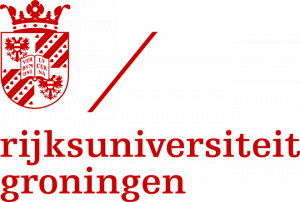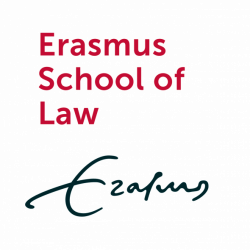The Public-Private Challenge
Promoting prosperity and securing opportunities for sustainable development is a defining challenge of our time, with all United Nations Sustainable Development Goals aiming to reduce horizontal and vertical disparities between groups, individuals, governments and private organisations. These inequalities are barriers for sustainable economic growth, decent work, natural resource conservation, land, water and air restoration, and for inclusive societies and institutions. Democratic systems that hold dear that everyone is equal before the law have not been able to uphold nor restore this public value. Reducing inequalities requires all sectors and actors in society to contribute, including the law.
After decades of deregulation and liberalisation, private entities have become fundamental for both the commons and the state, resulting in power distributions and inequalities. Throughout history the law has often been a malleable instrument, used for self-interested political or economic gain. Because of conscious policy choices or nation-states’ inability to face transnational challenges, states withdrew from defining, implementing, and enforcing public interests. This led private actors to take over former state functions, disturbing the overall public-private power balance and creating inequalities among private actors. More recently, a revaluation of the public sector seems underway. The legal discipline should not be a distant observer of this development. As an instrument used for both consolidation and change, the law can be a powerful tool to recognise and remediate inequalities, including these between public and private interests and actors. This requires innovative legal research into new modes, means and models of governance that promote equal access to the benefits of globalization, digitalization and to the means of addressing ecological and health crises.
At both the Faculty of Law of Groningen University and Erasmus School of Law the steady and successful growth of research on the interplay between and public and private interests and actors was given an extra boost with the establishment of the cross-disciplinary research programmes Rethinking Public Interests in Private Relationships and Rebalancing Public & Private Interests, together called ‘The Public-Private Challenge’, based on the funding of the Dutch Sector Plan for Law (2019-2024). This plan embraces the idea that Dutch legal academia has the potential to be a global thought-leader on the role of private actors in the context of public interests. The advanced integration of private actors in the public domain and embeddedness of the Netherlands in the European Union and international organisations and Treaties, provide the perfect setting to study the rebalancing of public interests in private relationships.
Legal academia, in the Netherlands and beyond, has not yet fully grasped this opportunity, because of the dominant, long-standing schism of public and private law, the limited interaction between legal disciplines and the underestimation of the value of empirical legal studies, serving the legal profession with doctrinal legal studies. This is very much the continental tradition (Germany, France, Spain, Italy) but we believe it is insufficient to have societal impact. A societal problem is usually not limited to one discipline. Consequently, an isolated solution provides only limited relief. The legal discipline of the 21st century should therefore reposition itself in its relationship to other disciplines as well as in its relationship to societal challenges. Erasmus School of Law and the Faculty of Law of Groningen University, who have joined forces in the ‘The Public-Private Challenge’, aim to be at the core of this development by addressing cross-cutting societal challenges across various levels of governance (local, national and international), across various disciplines (public and private law, economics, criminology), both empirical and doctrinal, and across various sectors (ecology, health, finance, technology) to guarantee an integrated approach to the study of public and private interests.
The joint efforts of the ‘The Public-Private Challenge’ aim at reflecting on questions such as what defines public interests and what distinguishes them from private interests; what consequences are attached to the qualification of a particular interest to be a public one; whether there is a hierarchy between public interests and what the consequences of such a hierarchy are; which roles private actors play in creating, promoting, implementing and enforcing public interests, including those for which the government has assumed final responsibility; how the power of private actors can be made subject to public interests in a globalised and digitalised world; and how we can redefine, if at all, the line that is traditionally dividing public from private law. What do the major challenges of these times such as climate change, globalisation, digitalisation, health care dealing with ageing societies and pandemics, and global financial stability mean for this public-private challenge?
University of Groningen
Faculty of Law
Oude Kijk in ‘t Jatstraat 26
9712 EK Groningen
The Netherlands
Erasmus University Rotterdam
Erasmus School of Law
Burgemeester Oudlaan 50
3062 PA Rotterdam
The Netherlands
sectorplan@law.eur.nl


